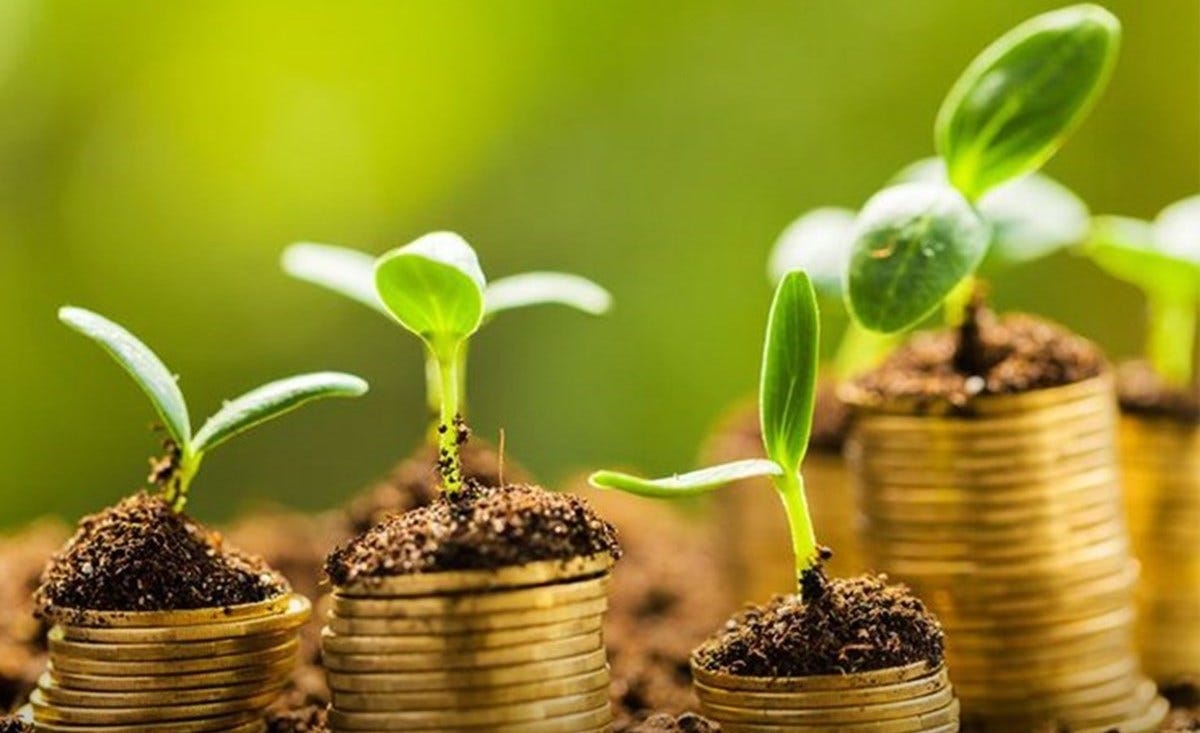IEF Says Carbon Credits Need More Supply and Integrity to Meet Global Demand
Carbon credits could make a significant contribution to achieving net zero by 2050, but only if participants address issues over limited supply and integrity, says Joseph McMonigle the Secretary General of the International Energy Forum (IEF).
Speaking at the S&P Global Carbon Markets Conference in Barcelona, McMonigle said in a keynote address that trade in voluntary carbon credits could grow 100-fold by 2050 if teething problems can be addressed.
A carbon credit is a permit that allows a country or organization to produce a certain amount of carbon emissions and which can be traded if the full allowance is not used.
They come from four categories: avoided nature loss including deforestation; nature-based sequestration, such as reforestation; avoidance or reduction of emissions such as methane from landfills; and technology-based removal of carbon dioxide from the atmosphere like carbon capture, utilization and storage.
According to the World Bank, global carbon credit revenue grew 60 percent to US$84 billion in 2021, and management consultant McKinsey in a 2021 report estimated demand in 2030 could be in the range of 8 to 12 gigatons of CO2 per year of carbon credits.
The Taskforce on Scaling Voluntary Carbon Markets estimates that demand for carbon credits could increase by a factor of 15 or more by 2030 and by a factor of up to 100 by 2050.
"There is a huge opportunity for voluntary carbon markets, which can only be realised with concerted international efforts. Overall, the market is characterized by low liquidity, scarce financing, inadequate risk-management services, and limited data availability. Building trust in the market is vital to achieving these goals so we must work harder to improve transparency, standardisation and stability," McMonigle said.
"It is critical that purchasing a carbon credit can be trusted to bring a real reduction in CO2 emissions, the market today lacks transparency and there is a lack of data on how money is spent. The world will need a voluntary carbon market that is large, transparent, verifiable, and environmentally robust," he added.
Demand Outpacing Supply
In 2016, the European Commission found that 85 percent of projects it examined were unlikely to achieve their stated reduction claims. Similar conclusions were found in a 2019 ProPublica investigation and a 2021 study on forest preservation in California.
Another issue according to McMonigle is the supply and sources of credits, which he said would have to ramp up at an unprecedented rate and pointed out that most of the potential supply of avoided nature loss and of nature-based sequestration is concentrated in a small number of countries.
Policymakers need the carbon markets to work better because they are increasingly relying on them to deliver a portion of their promised reductions in greenhouse gas emissions in their nationally determined contributions (NDCs) under the Paris agreement.
And companies are seeking higher volumes of carbon credits because their regulators and shareholders are demanding rapid and measurable progress towards net zero goals beyond what they can deliver internally.
Governments are also looking at how carbon credits can be used to promote clean energy technologies in the developing world, McMonigle said.
#InternationalEnergyForum #CarbonCredits





